How to Choose the Best Trekking Company in India
Your guide to India’s best trekking companies.
.jpg)
Your guide to India’s best trekking companies.
Here's something most people don't realise when they Google "best trekking companies in India" - you'll find hundreds of operators, each promising life-changing Himalayan adventures. But here's the truth: the flashiest website or the cheapest price tag rarely tells you which company you can actually trust with your life in the mountains.
The reality? Choosing the right trekking partner isn't a guessing game. It comes down to understanding what separates companies that deliver transformative experiences from those that simply get you up and down a mountain.
At Juniper, we've been part of India's mountaineering story since our patron Captain M.S. Kohli led the historic first Indian ascent of Mt. Everest in 1965. Since establishing our operations in 2010, we've learned something important: the mountains don't care about marketing promises. They respond only to preparation, expertise, and genuine respect.
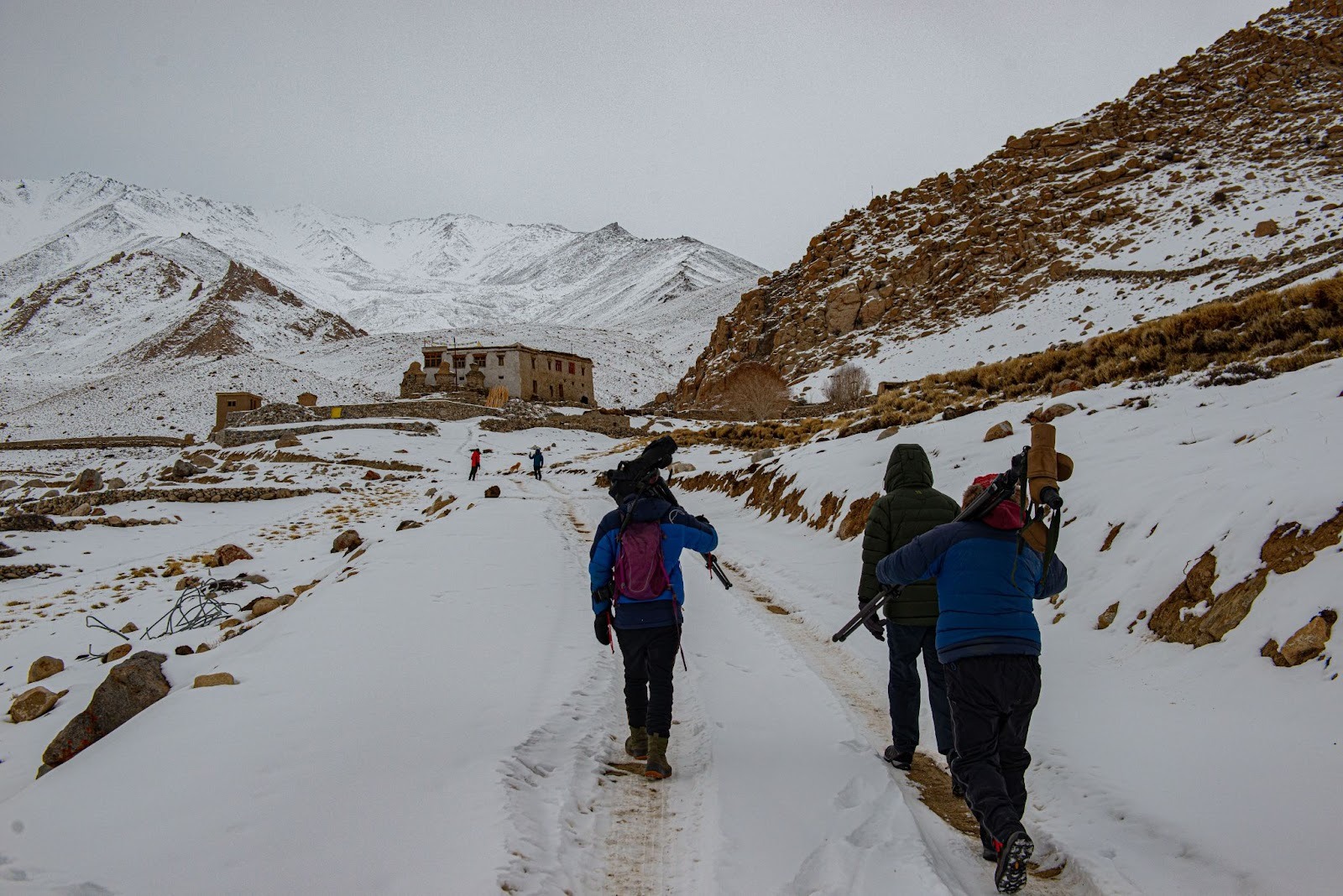
Most people approach this decision backwards. They compare prices, read a few reviews, and book the trek that feels right. But here's what experienced trekkers know: you're not just choosing a service provider - you're selecting a partner for one of the most demanding environments on Earth.
The Himalayas test every system, every protocol, and every decision a company makes. When altitude sickness strikes at 4,000 meters, when the weather turns dangerous, or when someone needs evacuation from remote locations - that's when you discover what your trekking company is really made of.
At Juniper, we don't just organise mountain adventures. We design experiences where every element, from our guide's wilderness first-aid training to our emergency evacuation protocols, works together to ensure the mountains become a place of transformation, not trauma. Because adventure should challenge your limits, not threaten your safety.
Ready to experience the Himalayas with India's most trusted mountain specialists? Start planning your adventure with Juniper today.
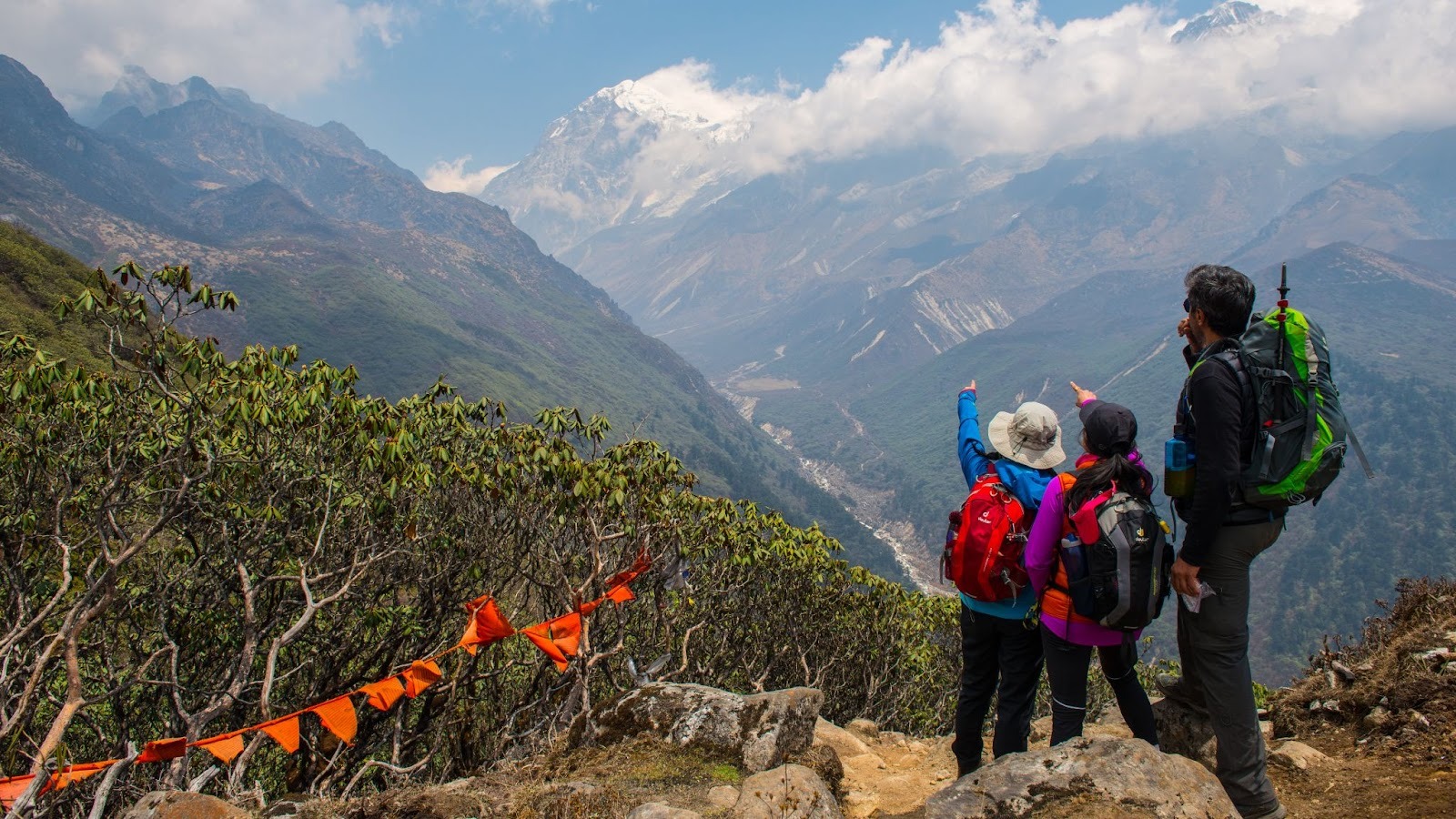
Ask most trekking companies about their guides, and you'll hear impressive-sounding credentials. But here's what matters: can they recognise the early signs of cerebral oedema? Do they know how to use a pulse oximeter? Can they coordinate a helicopter evacuation from a remote basecamp?
The truth is, anyone can claim their guides are "certified." What you need to know is whether they hold legitimate BMC (Basic Mountaineering Course) or AMC (Advanced Mountaineering Course) certifications from recognised institutions like the Indian Mountaineering Foundation. These aren't weekend workshops - they're intensive programs that prepare professionals for life-or-death decisions in extreme conditions.
We ensure every Juniper guide meets these standards because we've seen what happens when they don't. Our Learning & Development programs go beyond basic certifications, focusing on the judgment calls that textbooks can't teach. When you trek with us, you're not hoping your guide is qualified - you know they are.
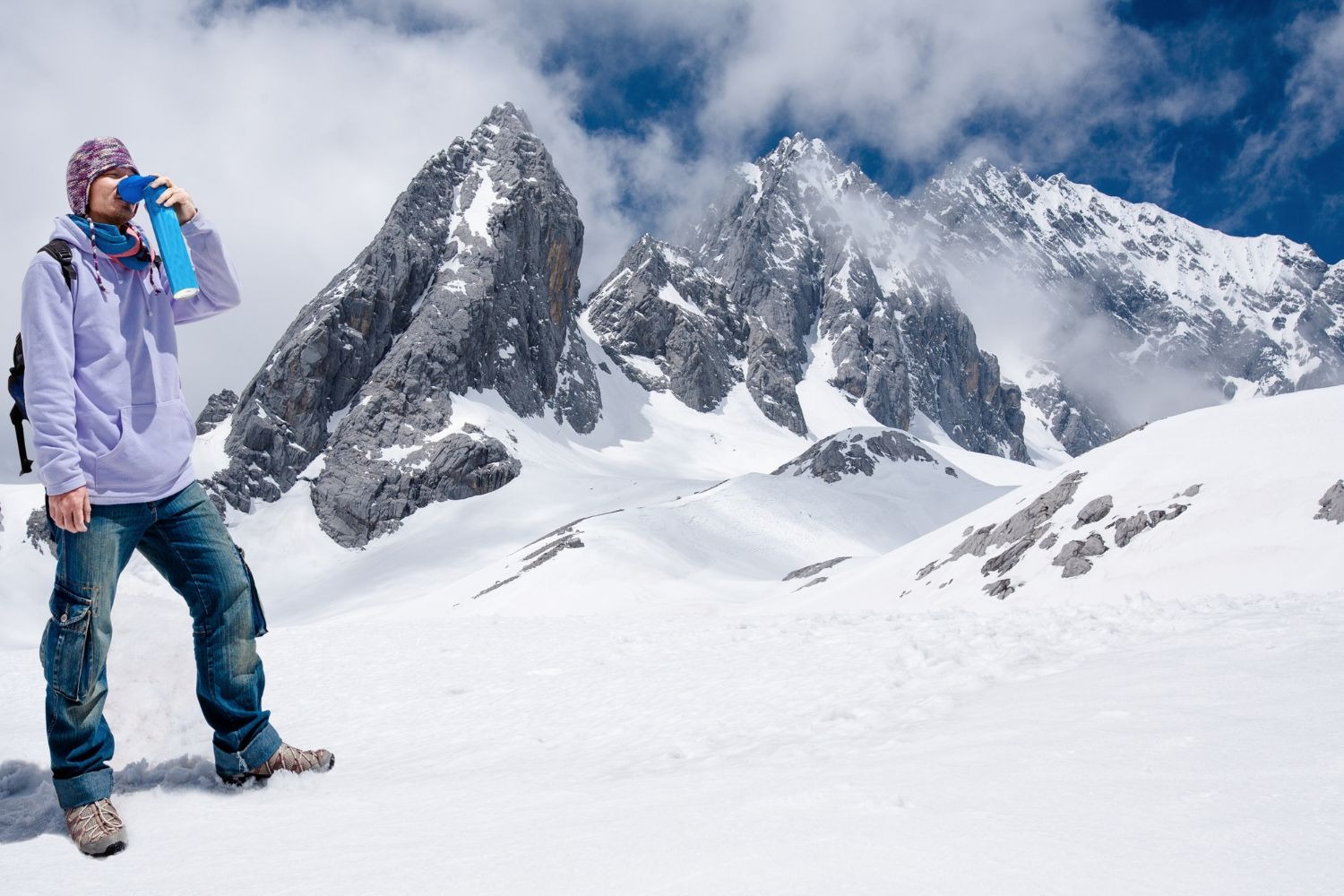
Every trekking company in India talks about safety. But what does that really mean when you're three days from the nearest road at 4,500 meters altitude?
Real safety isn't about carrying a first aid kit. It's about maintaining oxygen cylinders that actually work, portable altitude chambers that can buy precious time during emergencies, and satellite communication systems that connect to rescue services - not just make promises.
Here's something most companies won't tell you: emergency protocols look great on paper, but they mean nothing if your guides haven't practised them in real mountain conditions. At Juniper, our safety systems aren't theoretical. They're tested, refined, and proven through years of real-world application in the Himalayas.
We handle these complexities so you can focus on what matters - the transformative power of mountain experiences. Because the best adventures happen when safety becomes invisible, allowing wonder to take centre stage.
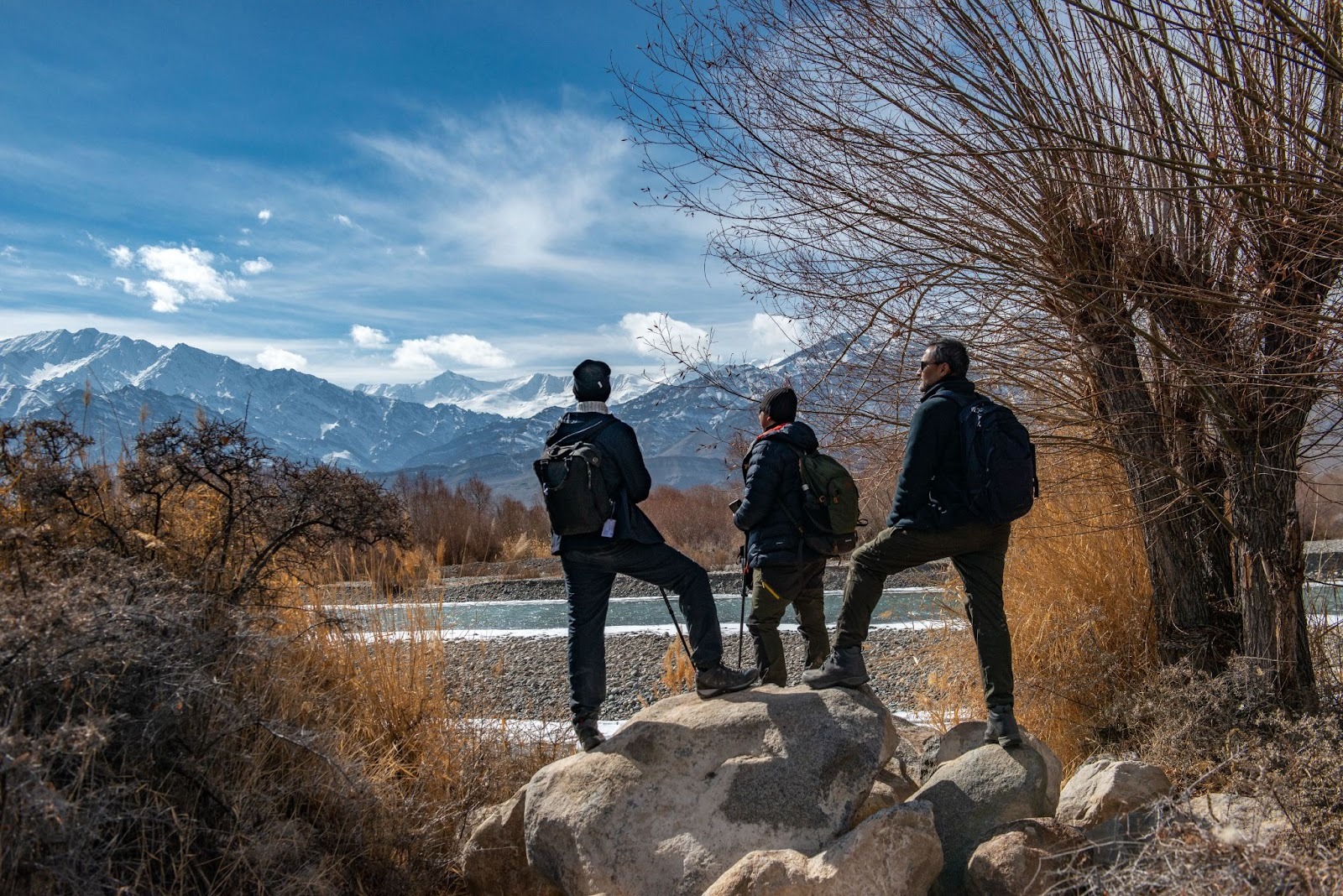
You might think group size is about comfort or personal attention. The reality runs deeper than that.
In the mountains, group dynamics can mean the difference between a cohesive team that supports each other through challenges and a collection of individuals struggling independently. Large groups create logistical nightmares, a slower pace, and diluted attention when someone needs help. Small groups foster genuine connections and allow guides to monitor each person's condition carefully.
At Juniper, we've learned that the magic number lies between 8-12 participants. Small enough for personalised care, large enough to create the shared energy that makes mountain experiences unforgettable. We don't compromise on this because we've seen how it transforms both safety and satisfaction.
Here's the conversation most people have with themselves: "This company costs more, but do I really need all those extras?"
Let us be direct about something: budget operators aren't just cutting costs on luxury amenities. They're making compromises on guide training, safety equipment, emergency provisions, and the insurance coverage that protects you when things go wrong.
The real question isn't whether you can afford to choose quality. It's whether you can afford not to. We've structured our pricing to reflect genuine value - comprehensive safety systems, expert guidance, sustainable practices, and the kind of transformative experiences that justify every rupee spent.
When you invest in a Juniper trek, you're not paying for marketing hype. You're investing in decades of mountain expertise, proven safety protocols, and the peace of mind that comes from knowing professionals are handling every detail.
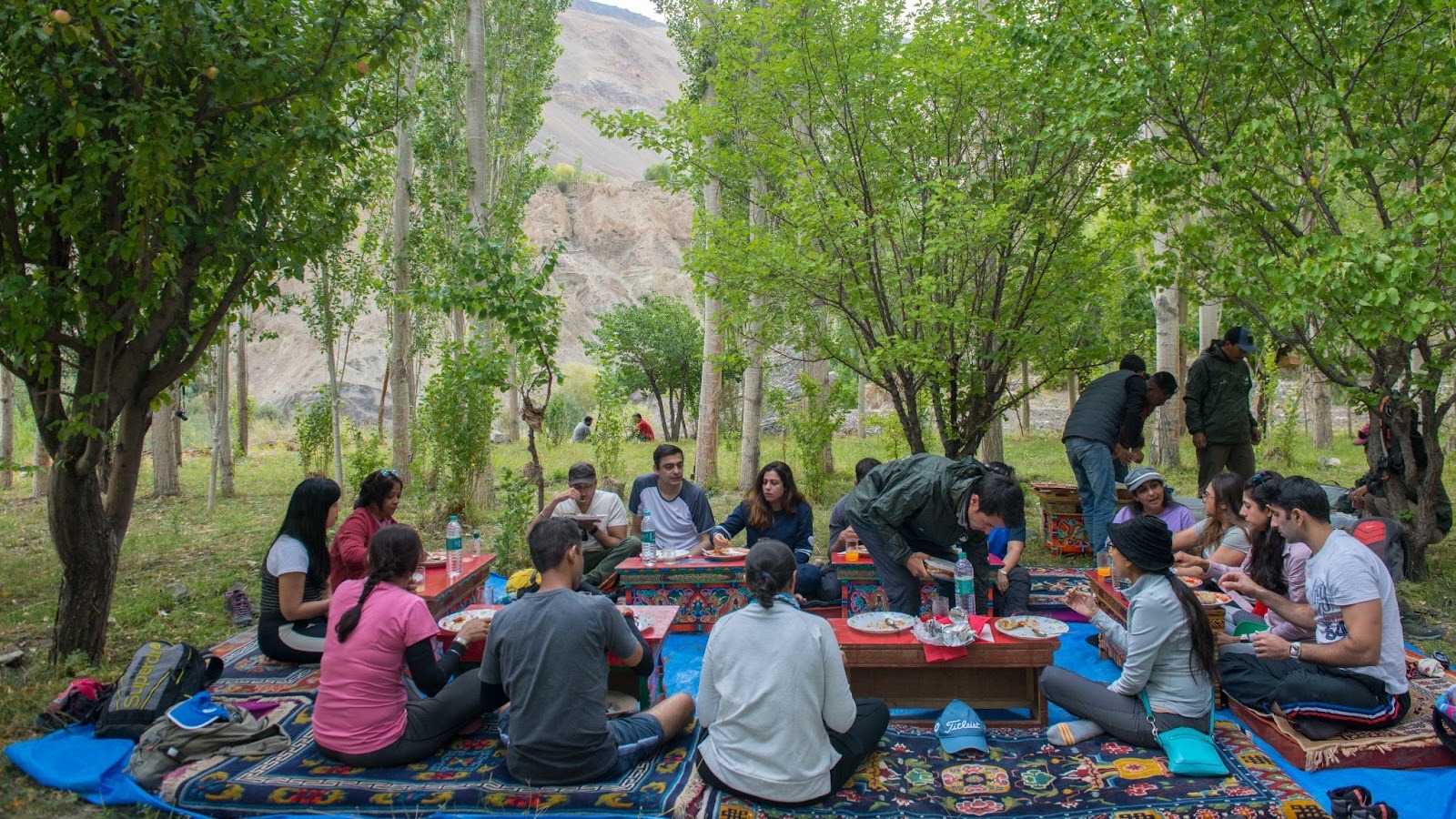
Many companies use "eco-friendly" as a marketing term. We use it as an operating principle.
Through our connection to the Himalayan Environment Trust, established in 1989, we've supported conservation and community development across Himalayan regions for over three decades. This isn't about offsetting environmental impact - it's about creating positive change through every trek we operate.
Our Fire & Ice philosophy demonstrates how adventure and sustainability work together. Thrilling mountain experiences by day, comfortable and responsible accommodations by night, all while ensuring your trek contributes to local employment, environmental conservation, and community development.
Instead of "How much does your trek cost?", ask "What exactly does that price include, and what happens if someone needs emergency evacuation?"
Instead of "Do you have good reviews?", ask "Can you show me your guides' certifications and explain your emergency protocols?"
Instead of "What's your cheapest option?", ask "How do you ensure this experience will be transformative rather than just challenging?"
These questions reveal which companies have invested in the systems, training, and expertise that matter in the mountains.
We could run larger groups to increase profits. We could hire cheaper guides to reduce costs. We could skip the expensive safety equipment to offer lower prices.
But we've chosen a different path. Since 2010, we've built our reputation on an unwavering commitment to excellence - in safety, in experience design, in community impact, and in the transformational power of mountain adventures.
When you choose Juniper, you're not just booking a trek. You're partnering with mountain specialists who understand that the best adventures happen when every element works together seamlessly. We handle the complexities - permits, logistics, safety, cultural immersion - so you can surrender to the experience the mountains have waiting for you.
Whether you're drawn to the pristine lakes of our Kashmir Great Lakes trek or ready to challenge yourself with our advanced Himalayan experiences, we're here to ensure your mountain dreams become mountain memories.
The Himalayas are calling. The question isn't whether you'll answer - it's who you'll trust to guide you safely to the transformation waiting in those peaks.
Ready to discover why choosing the right mountain partner makes all the difference? Let's talk about your Himalayan adventure and explore how Juniper can turn your mountain dreams into unforgettable realities.
Look for proper registrations with tourism authorities, memberships in recognised organisations like ATOAI or IMF, and guides with certified BMC/AMC qualifications. Ask specific questions about safety protocols and emergency procedures - legitimate operators will answer confidently with detailed explanations.
Quality operators invest in trained guides, comprehensive safety equipment, emergency evacuation coverage, and sustainable practices. Budget companies often compromise on guide training, safety systems, or add hidden costs later. The price difference reflects genuine investment in your safety and experience quality.
Ask about guide certifications, specific safety equipment carried, emergency evacuation procedures, group size policies, what's included in pricing, and whether they run operations in-house or outsource to local operators. Professional companies welcome detailed questions.
The key isn't company size but operational standards. Verify their safety protocols, guide certifications, equipment quality, and emergency procedures. Some local operators maintain excellent standards, while others may lack proper training or safety systems. Focus on credentials rather than company size.
Groups of 8-12 participants offer the best balance of personalised attention, manageable logistics, and meaningful group dynamics. Smaller groups provide more individual care, while larger groups can compromise safety monitoring and create logistical challenges in mountain environments.
Very important. Companies that outsource treks lose control over safety standards, guide quality, and experience consistency. In-house operations ensure uniform protocols, trained staff directly accountable to company standards, and seamless coordination during emergency